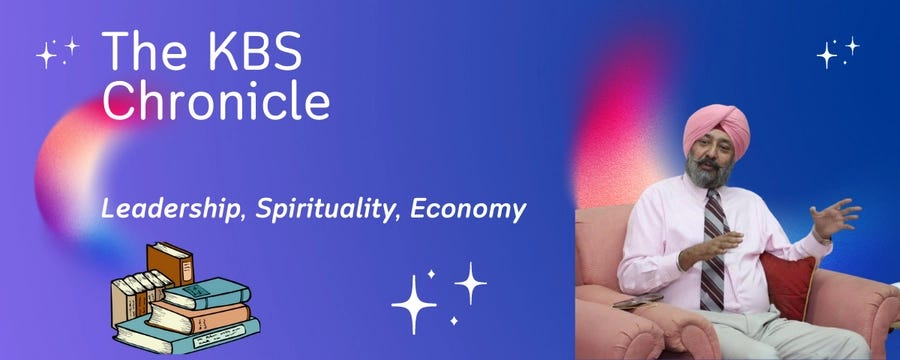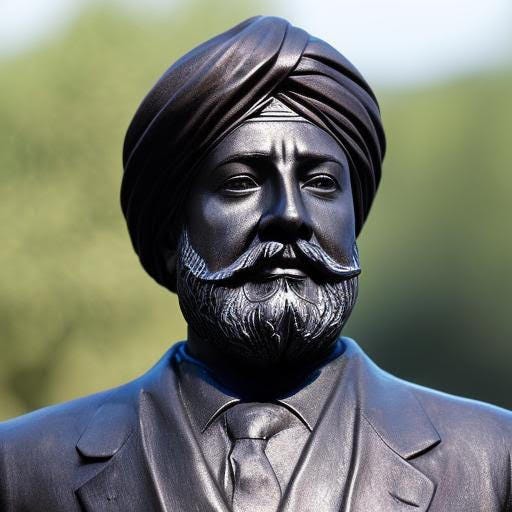Demystifying AI: Copyright or Right to Copy?
The Complexity of AI Ethics: Why Cohan's Argument in 'The Washington Post Falls Short

The Multifaceted Nature of AI and Intellectual Property
In a recent article titled "AI is learning from stolen intellectual property. It needs to stop," published in The Washington Post on October 19, 2023, William D. Cohan raises a significant concern regarding the ethical and IPR dimensions of AI training1. While the article brings attention to a critical issue, it's important to explore this topic from multiple angles including technological necessity, legal frameworks, and potential benefits. In response to Cohan's argument, I submit that I find his claims to be, at best, specious.
Intellectual Property in the Public Domain
Every book, research paper, and even code—once they enter the public domain—can be utilised by both individuals and groups of researchers. While piracy and plagiarism are criminal offences that warrant punitive action, it's essential to note that machine-learning language models operate within this existing framework, albeit more efficiently2.
The Role of AI in Knowledge Dissemination
Companies that employ artificial intelligence for knowledge assimilation and dissemination are rendering a valuable service to humanity. These technologies not only alleviate human drudgery but also democratise access to information, benefiting a wider global audience.
The Complexity of Compensation
If we concede to Cohan's demands for compensation, how would this payment be quantified and allocated? It's an impractical proposition, given that even the original creators have derived their knowledge from existing works and cultural inputs.
Intellectual Property and Historical Perspective
Would an art critic discussing the Mona Lisa owe royalties to Leonardo da Vinci's descendants? The original creators, in many cases, have benefited from the annals of existing knowledge, calling into question the absoluteness of intellectual property rights.
Legal Frameworks and Digital Technology
Copyright laws must be respected, but technology often outpaces the legal frameworks meant to govern it. Relying on outdated legislation to address contemporary issues in the digital realm is neither feasible nor effective.
The Double-Edged Sword of Originality
The concept of originality is far more nuanced than it appears. While companies provide AI tools for free, users agree to certain terms and conditions, blurring the lines of intellectual ownership further. Can AI companies then claim a share in your original content? This remains a pertinent question for legal systems worldwide.
The Unstoppable Pace of Technological Evolution
Digital technology evolves at an exponential rate, often leaving legal systems scrambling to catch up. The world evolves through a process of trial and error, and attempting to fit AI's potential within the constraints of existing legal systems seems counterproductive.
Conclusion: Embrace the AI Cultural Revolution
Let us not stifle the immense potential of artificial intelligence with premature or impractical legislation. In the meantime, original creators can continue to produce and benefit from the burgeoning ecosystem of AI. While the rules are being written, it's crucial that we don't halt progress in its tracks.
https://www.washingtonpost.com/opinions/2023/10/19/ai-large-language-writers-stealing/
Creative Ownership in the Age of AI: Challenges and Opportunities for Copyright Law
As “Artificial Intelligence” (AI) and machine-learning technologies continue to advance, they are increasingly being used to generate original works of art, literature, music, and other creative outputs. However, with the rise of AI-generated works comes new questions and challenges around ownership and copyright. Who owns the rights to an AI-generated …



